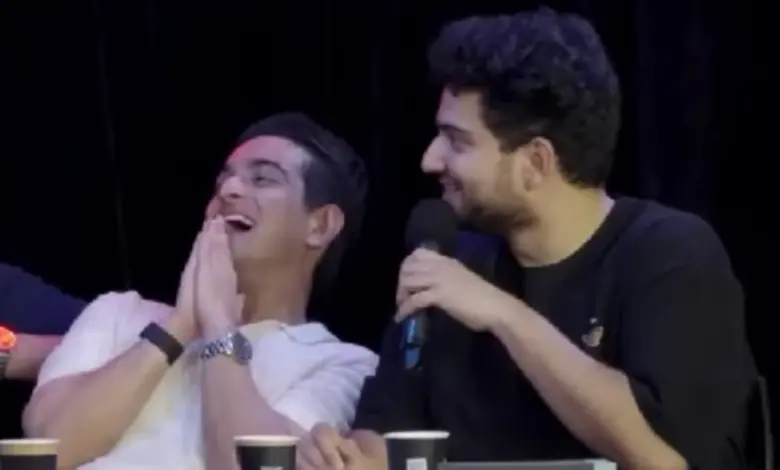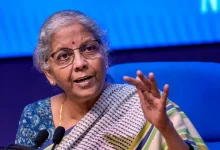Supreme Court Orders Samay Raina, Four Others to Appear Over NGO’s Disability Ridicule Claims

New Delhi: The Supreme Court of India has issued a directive for five social media influencers, including comedian Samay Raina, to appear before it, following allegations of mocking individuals with disabilities and rare disorders. The order, issued on Monday, comes in response to a petition filed by an NGO.
The court emphasized the need for accountability, warning that failure to appear could lead to coercive action. The NGO’s plea accuses the influencers, associated with the YouTube show “India’s Got Latent,” of ridiculing people with disabilities, including those with Spinal Muscular Atrophy (SMA). The controversy surrounding the show has intensified scrutiny on the boundaries of online content.
Samay Raina, a prominent figure in the online comedy scene, is already facing legal challenges. Earlier this year, both Maharashtra and Assam police registered cases against Raina and podcaster Ranveer Allahbadia for derogatory remarks made on “India’s Got Latent.” On February 18, the Supreme Court granted Allahbadia interim protection from arrest, while criticizing his comments as “vulgar” and reflective of a “dirty mind,” according to Hindustan Times.
The NGO, Cure SMA Foundation, initially raised the issue in a prior case involving Allahbadia, who sought to consolidate criminal cases filed against him in Assam and Maharashtra. The foundation presented evidence, including videos from the show, where Raina and others allegedly mocked individuals with visual impairments and other disabilities. A deeper investigation by the NGO uncovered multiple instances of such content, prompting the latest court action.
In addition to Raina, the Supreme Court issued notices to influencers Vipul Goyal, Balraj Paramjeet Singh Ghai, Sonali Thakkar (also known as Sonali Aditya Desai), and Nishant Jagdish Tanwar. The court’s stance underscores its commitment to curbing speech that demeans marginalized communities.
This development follows months of debate over the limits of satire and free speech, sparked by an episode of “India’s Got Latent.” The case continues to draw attention to the responsibility of social media influencers in shaping public discourse.




